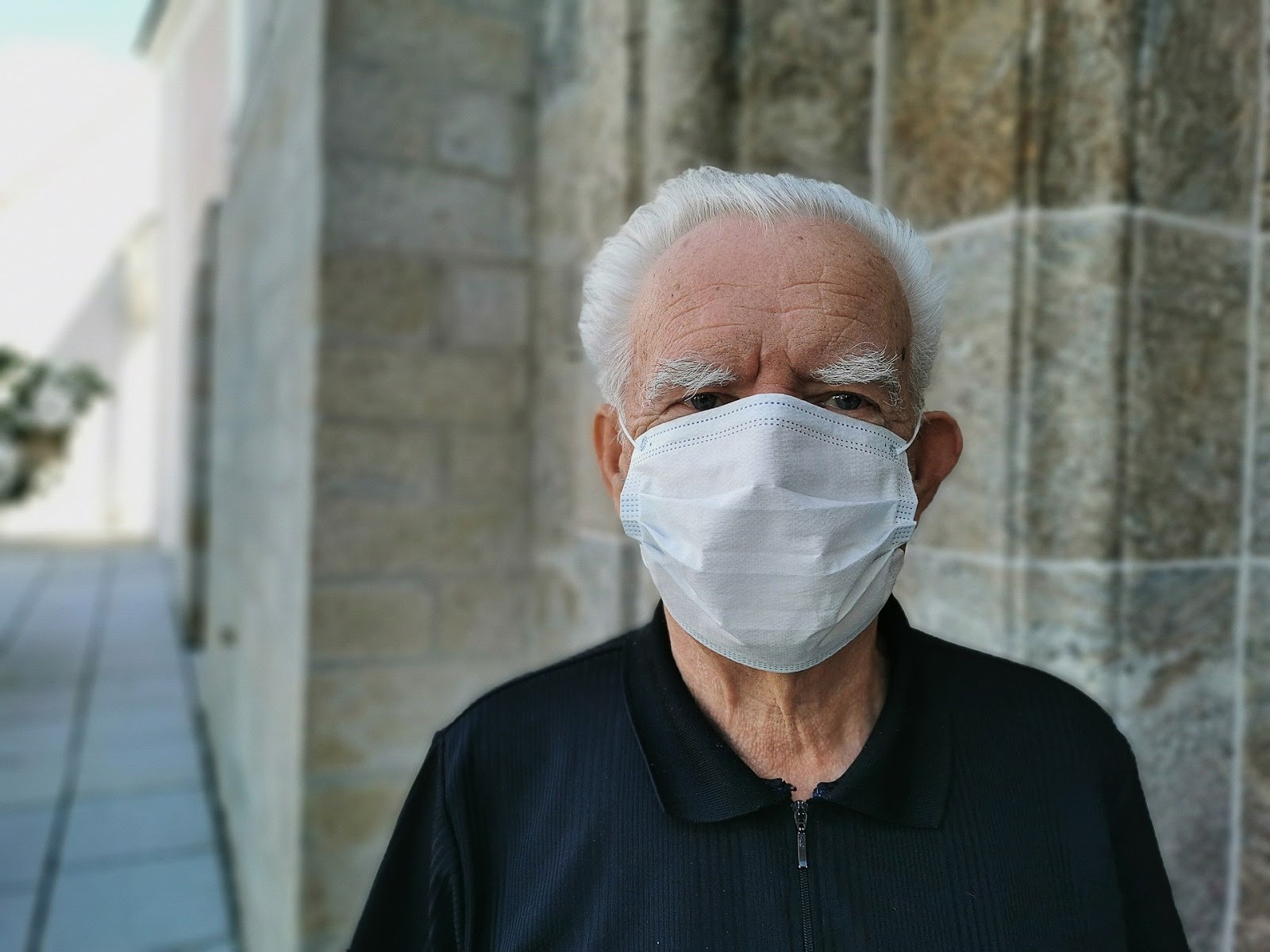It is undeniable that the current pandemic has taken its toll on each and every one of us. With that, it is easy to get caught up on why this time is worse for you compared to everyone else, and it is completely normal to feel overwhelmed with emotion when reflecting on all of the things that you, personally, are missing out on. Even within my own household, I find myself and my younger brothers debating who is missing out on more. A college junior who has seen what normal college is like, only to have it taken away from her; a college freshman who did not have a normal end of high school (including prom and graduation) who is making the transition to college amidst a pandemic that makes forming new friendships significantly more difficult; an eighth grader who did not get to attend his closest friends’ Bar Mitzvahs and is unable to socialize during such a pivotal time in his adolescent development. And yet, neither myself nor my brothers have fallen ill with this terrible disease, and so, paradoxically, we are extremely lucky. To return to the question of who has it worse, the answer is impossible; everyone is missing out on some aspect of their lives, and this pandemic has impacted each and every one of us in a unique way. That being said, there is one age group that is disproportionately impacted by the rise of the novel coronavirus: senior citizens.
There are several contributing factors that make the pandemic more troublesome for older individuals. First and foremost, the CDC has warned and documented that the risk of severe illness due to COVID-19 increases with age. Increased age is also correlated with increased risk of hospitalization, which highlights the dangers of the novel coronavirus for older adults. These increased risks thus require an increased need for isolation and caution among older populations.
Physical risks are far from the only dangers older adults experience; they may also lack the resources necessary to cope with the new stressors the pandemic introduces. For example, senior citizens may have limited access to materials that would aid in connecting them with their loved ones, including the ability to access technology. Older adults might lack social resources, such as friends and family, that are able to help them during this difficult time. Biological, or physical, resources are also restrained in older adults, exemplified by an inability to exercise in order to maintain mental health. Finally, older adults might also lack cognitive resources, such as fully functioning memories, further compounding their inability to engage in normal daily routines. The lack of resources for older individuals creates an additional burden to the physical risks they already face.
Finally, older adults are also at increased risk of loneliness and social isolation even under normal circumstances. Indeed, older adults are more likely to live alone, have lost people they were close to, or experience chronic illness (CDC, 2020). This risk is only exacerbated under the conditions of a pandemic. Staying safe amidst the novel coronavirus includes remaining in one’s home often, following social distancing guidelines, and limiting close contact with other individuals. Consequently, it seems that loneliness is even more likely than usual to plague older adults, which could lead to a variety of negative mental health outcomes, including depression and anxiety.
While these facts might seem bleak, let them serve as inspiration for action. Call your grandparents more often, and let them know you are thinking about them and care about them. Be a more active member of your community, especially when it comes to senior citizen outreach. Volunteer when you can; an act as small as helping an older individual get groceries can make a big difference. Wear a mask to protect those around you. As the end of this pandemic seems to finally be in sight, let’s continue to keep some of our most vulnerable populations in mind; your actions make a difference. Rather than asking who has it worst, let’s ask how we might make things better for all.
Resources for “Young Minds” to share with and support senior citizens:



